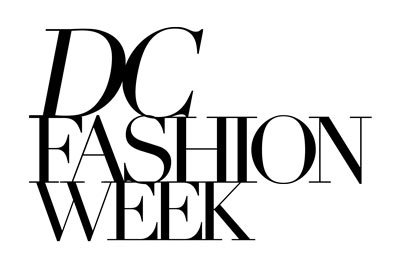As Generation Alpha matures, they’re becoming an essential demographic for the beauty industry. Born between 2010 and 2024, this group is projected to reach at least 2 billion individuals globally. Known for their unparalleled integration with digital media and technology, Generation Alpha represents a pivotal opportunity for beauty brands that are attuned to the nuances of modern marketing.
Unique Aspects of Generation Alpha
Unlike previous generations, Generation Alpha has been raised in a world where digital devices are ubiquitous. This early exposure to smartphones and tablets means they can access and interact with content more independently than their predecessors. This autonomy in media consumption allows them to be influenced directly by brands and content creators at a very young age. Topics like environmental sustainability and social justice are part of their everyday content, enabling brands to engage on these fronts to cultivate early brand loyalty.
In the realm of digital influence, figures like Ryan Kaji from Ryan’s World exemplify how young influencers can shape the preferences and purchases of their peers. His channel, with its massive following, underscores the shift in media dynamics, where children are both consumers and influencers.
Impact on the Beauty Industry
A significant number of young people from Gen Z and Alpha are already engaged in skincare and beauty routines, which signals a substantial market potential. With over half of children aged 6 to 16 influenced by online creators, there’s a pronounced trend towards early adoption of beauty products and sophisticated skincare routines typically reserved for older consumers.
Generation Alpha’s heightened exposure to social media makes them particularly image-conscious and quick to adopt new trends. This creates a fast-paced environment for beauty brands, who need to keep up with rapid demand cycles.
Strategic Marketing to Gen Alpha
Effective engagement with Generation Alpha requires a savvy use of digital marketing platforms. YouTube, Instagram, Snapchat, and TikTok are crucial channels for tapping into their daily digital experiences. These platforms are not just mediums for visibility but are integral to the YouTube promotion strategies that convert views into purchases. Marketing to this demographic also involves appealing to their parents and grandparents, who ultimately make the purchase decisions.
The use of micro-influencers is particularly effective in reaching Gen Alpha. These influencers may have smaller followings but boast high engagement rates, making their endorsements highly valuable. Their relatability makes them ideal for promoting products authentically, a key preference for this generation.
Innovations in Retail and Technology
As the retail landscape evolves, so does the technology used to engage buyers. Augmented reality (AR) and AI are becoming standard tools for online shopping, offering virtual try-ons and personalized product recommendations. These technologies enhance the online shopping experience, which needs to be mirrored by unique in-person experiences to attract Gen Alpha to physical stores.
Looking Ahead: The Metaverse and Beyond
Looking forward, the metaverse presents a new frontier for engaging Generation Alpha. Whether through games like Roblox or other virtual platforms, the opportunities for immersive brand experiences are expanding. This not only allows for innovative forms of product promotion but also opens up new avenues for data collection and consumer engagement.
In summary, as Generation Alpha continues to grow, its influence on the beauty and skincare industries will only increase. Companies that prioritize digital fluency and embrace new marketing strategies will be best positioned to capitalize on this emerging market.

